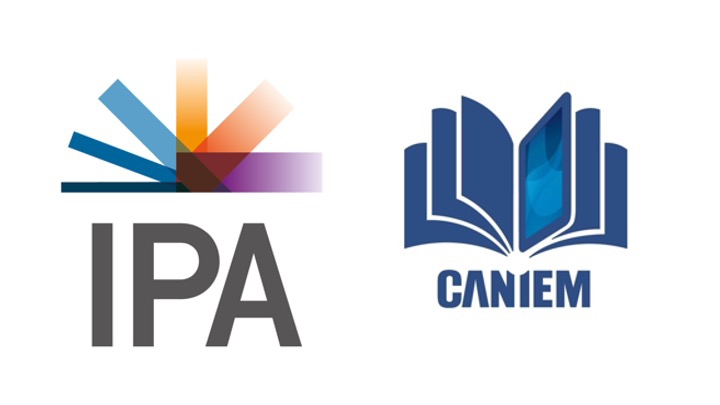The repealed regulations were in place to ensure the quality and diversity of educational materials, establishing a sophisticated system that emphasized the collaboration between educators, educational publishers, and the Ministry of Education.
Kristenn Einarsson, Chair of the IPA’s Freedom to Publish Committee, said: IPA stands firmly with our Mexican colleagues. This decision by the Mexican government is an attack on the freedom to publish and runs contrary to the established international best practice in textbook provision. We urge the Mexican authorities to reconsider.
Stephan de Valk, Chair of the IPA’s Educational Publishers Forum, added: Our experience is that the best educational outcomes are secured through collaboration between governments, publishers and teachers to ensure as wide a choice of locally relevant textbooks as possible. Nationalizing education publishing restricts the choice of teachers and students and results in lower-quality materials. This can only be bad for the country.
In a blog post for IPA, Hugo Setzer, President of CANIEM, said: The cancellation of these regulations was arbitrary and unlawful and prevented publishers from participating in the publication of textbooks for secondary schools, harming millions of Mexican students and teachers.
You can read his full post here.
This move by the Mexican government follows an alarming pattern of restrictions being placed on educational publishers across Latin America. Last month, the government of São Paulo attempted to withdraw from the National Textbook Program and become the sole provider of educational materials from grade 5 to 12. A court order from the São Paulo Court of Justice overturned the state’s decision to the relief of students, educators, and publishers alike. Likewise, the Publishing Industry Association of the Dominican Republic raised the alarm of its federal government’s initiative to nationalize textbook production, beginning with the government’s approval of 79 state-owned textbooks without adhering to the established regulations and raising concerns over their quality.

